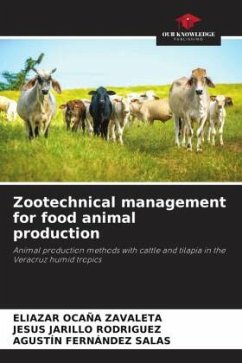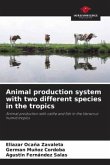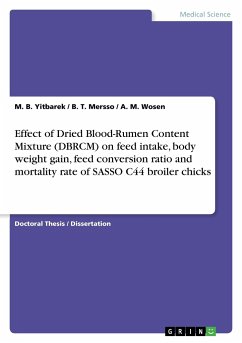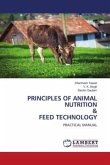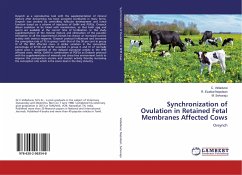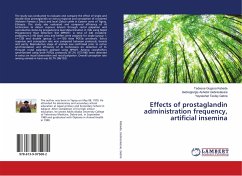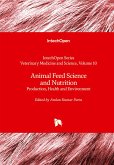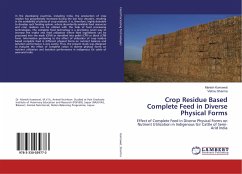The tick (Rhipicephalus (Boophilus) microplus, is considered a very serious problem in livestock farming in Mexico, since it causes serious health problems in cattle and other domestic species that produce food. On the other hand, it also causes economic losses in production. Due to its poor sanitary management, it creates resistance to acaricides, which is why it is of utmost importance to carry out an adequate management. On the other hand, with respect to aquaculture management in this case, freshwater fish such as tilapia, is a species that is very popular in production because it is very efficient in the conversion of the food it consumes, more than other species, and its meat is rich in omegas-3. This documents that tilapia are very efficient organisms in their conversion. To mention other aspects of management, the results of an estrus synchronization protocol in Bos indicus cattle are presented, in which the purpose of this protocol is to obtain better results in the reproduction of cattle, but also to obtain uniform litters of calves at the desired time.

